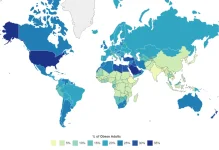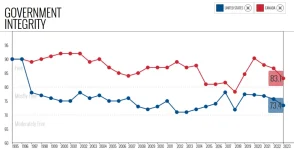- Joined
- Aug 24, 2013
- Messages
- 17,216
- Reaction score
- 14,415
- Location
- Red Colorado
- Gender
- Male
- Political Leaning
- Independent
Who do you think set things up enabling private healthcare monopolies in the first place???You have it wrong. Who do you think lobbies the government to allow all those layers of parasites. We need a system where the patient pays the healthcare provider directly and the government only subsidizes the patient based on need.
And do you really want some government bureaucrat responsible for determining your "need" of their subsidies? How do you define "need" anyway? Frankly, that's half the problem we're confronted with now where some actuary working for a healthcare company determines "need" based on their company's economics.


